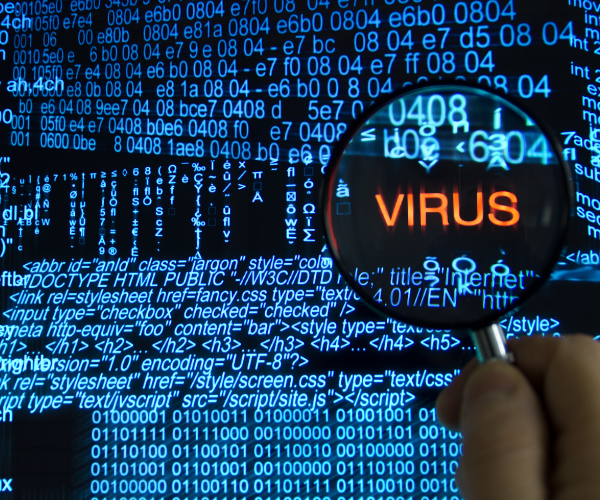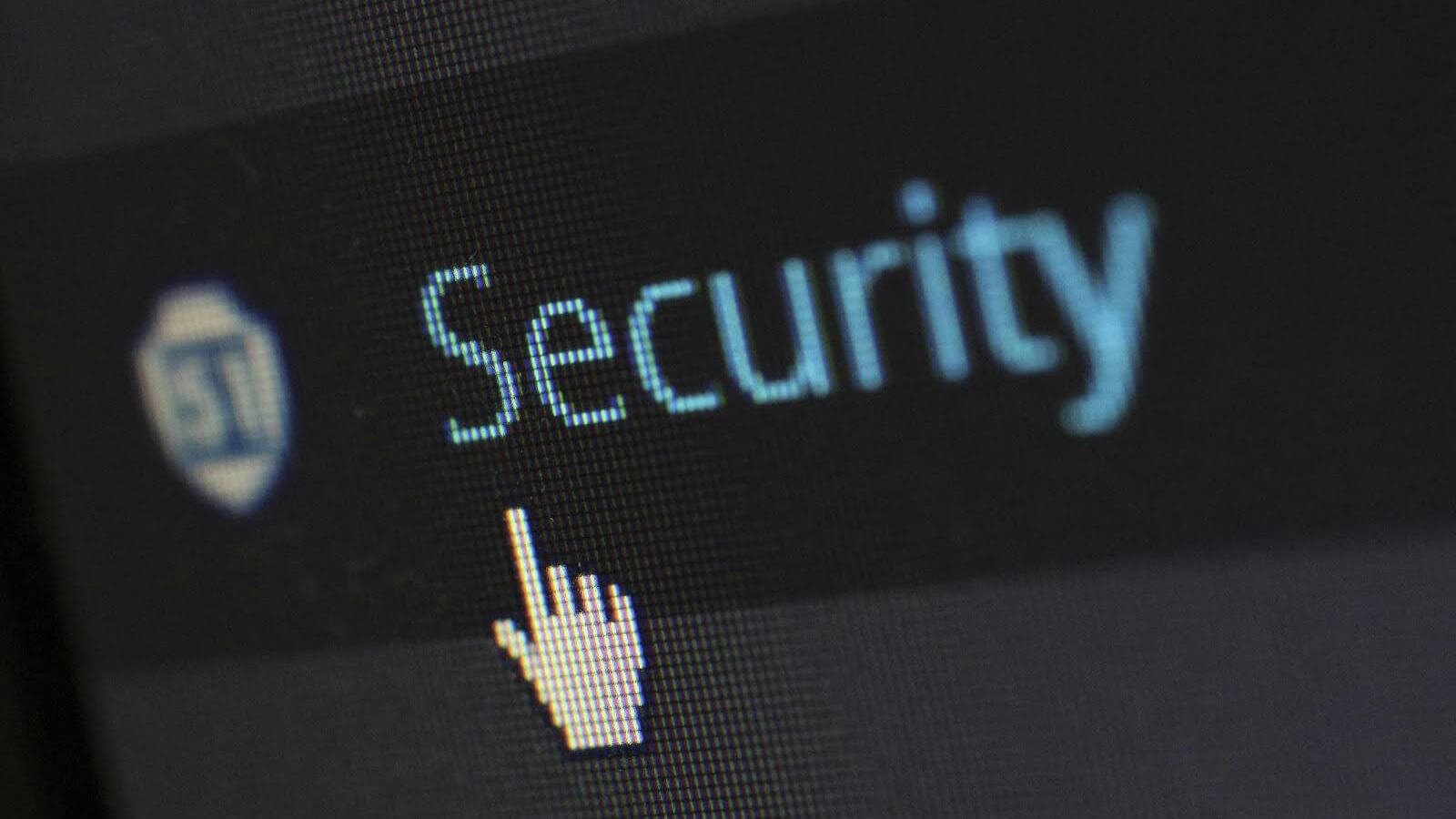Sep 21 2022
Computer viruses are unfortunately a widespread problem amongst its users. But knowing how to tell if you have a computer virus gives you the ability to act quickly, avoiding data loss or damage. Malicious malware is created to infiltrate, take over and cause havoc to a computer system. These attacks are designed to end in financial gain for the attacker.
Here are seven ways to detect if you have a virus on your computer
Computer Running Slowly
The most common and easy-to-detect symptom of a computer virus is your computer begins to run slowly. The reason for this is that the virus that has been deployed onto your system consumes massive amounts of your system’s resources. Your CPU (central processing unit) will become overwhelmed as it is trying to negotiate the amount of program usage taking place. Your hard drive will become overworked and can also cause overheating and physical damage to your computer.
The fan may also start running louder, even when performing a minor task, as it tries to combat the ever-increasing heat the CPU is producing.
Pop-Ups
Another common symptom is frequent pop-ups. These pop-ups are designed to recommend that not only do you have a virus, but to contact the number on your screen so that a ‘specialist’ can help. These pop-ups may also provide a web link for you to follow to rectify the situation, only further causing you more vulnerability to additional attacks.
Unknown Programs or Toolbars
Malicious malware designed to give access to attackers can also come in the form of unknown toolbars or programs. Should you notice that a toolbar or program is on your system that was not previously there, or you know you did not download or install it, can be a sign of a computer virus.
Unfamiliar icons may also appear on your computer, which can also indicate a computer virus. These icons may look different from other icons such as they include a question mark or other indicator that it is not a standard icon.
Disappearing Files
Although we can all lose files from time to time, whether it be from filing in the wrong area or accidentally deleting it, files disappearing can also suggest a computer virus. It is important to note that these deletions aren’t only reserved to files on your hard drive but can also include emails.
One of the most lucrative virus hacks is encryption viruses. An attacker will encrypt your files and demand a ransom for their return.
Equally, you may see messages that say that system files are corrupted. These corruptions can also cause your computer to crash and freeze, which brings us to our next point.
Frequent error messages or system crashes
Viruses cause errors in the software on your computer and your Operating System itself. These errors then cause frequent system crashes and error messages. The CPU overheating and hard drive damage caused by a virus also cause the system to malfunction.
Antivirus Not Working or Firewall issues
Computer viruses can disable the anti-virus program you are running by deactivating it from the system registries. They can also alter the instructions from these registries and adjust your anti-virus configuration settings. The virus will run without detection by your anti-virus and leaves your system vulnerable to a further attack.
Ensuring you have the latest in anti-virus technology can ensure you avoid this vulnerability.
Spam Coming in or out
You may start to see an increase in the amount of spam you are receiving in your inbox. This is an indicator that an attacker has targeted you. Furthermore, you may also be sending spam emails without your knowledge or your consent.
Spam email is a quite common symptom of a computer virus. These emails contain links to malicious websites, when clicked on will download a file onto your computer, releasing the virus onto your system.
While viruses are always finding new and cunning ways to attack your system, so too are the anti-virus platforms, and information provided to the public on what to look out for and how to protect yourself. Therefore, although viruses are nasty little things, by staying vigilant, you can avoid becoming a target.
Like this article? Follow us on Facebook for more info, tips and tricks!












